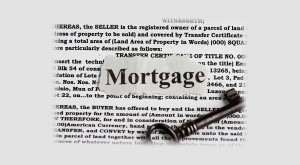
November 3, 2015
FHA Energy Efficient Mortgages: New Standards For 2016
In 2016, FHA borrowers looking to add Energy Efficient Mortgage loans to their transaction will have some new standards to use related to the energy efficient improvements they wish to add. Thanks to a new partnership between the FHA, HUD, and the Department of Energy, certain ratios will be increased in 2016, according to a press release found at the FHA official site. “FHAs existing EEH policy allows stretch ratios for homes that are built or retrofitted to the 2000 International Energy Conservation Code (IECC). For standard FHA loans, debt-to-income (DTI) ratios are limited to 31 percent (front-end) and 43 percent (back-end).” “Under FHA policy for the EEH mortgage, these DTI ratios can be increased to 33 percent and 45 percent respectively. To increase opportunities for homeowners to achieve and | more...




